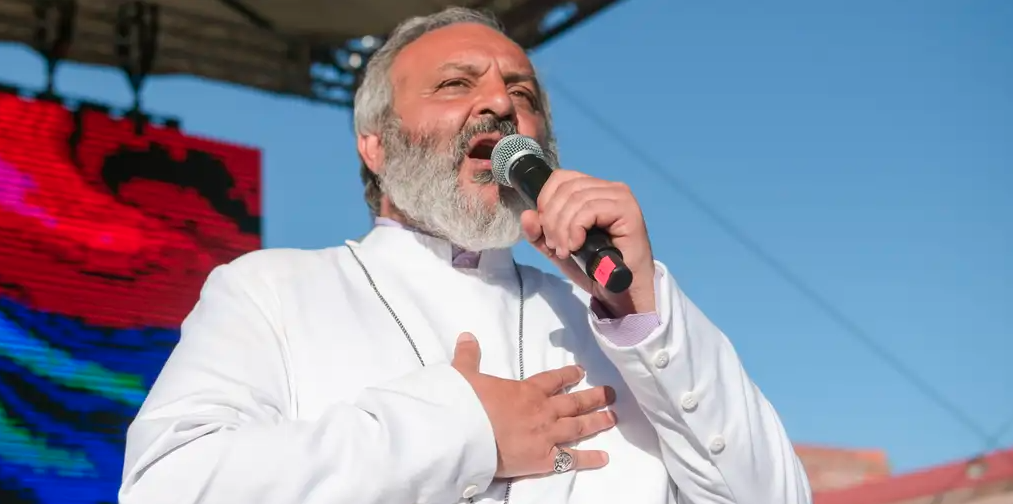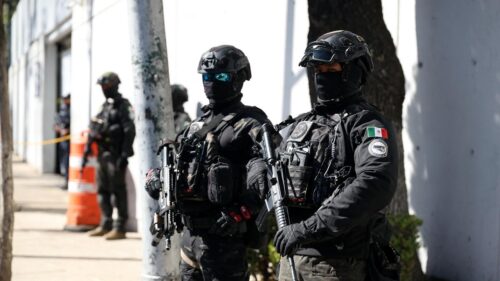
The rebel archbishop: Expectations from protests in Armenia and mechanisms to scare protesters in Deutsche Welle’s report
For the first time in the history of Armenian politics, the protest movement is led by a high-ranking member of the Church, Deutsche Welle wrote. According to the article, the strengthening of the protest movement in Armenia has led to the escalation of the conflict between the current political elite and the Church.
As it was mentioned, in a short period of time, Archbishop Bagrat Galstanyan turned from a supporter of Nikol Pashinyan, the incumbent Armenian prime minister, into his arch rival. Back then, Galstanyan even supported Pashinyan when he was marching toward Yerevan. “Bagrat Galstanyan is a well-known figure in Armenia and has always stood out for his oppositional views. Both before Nikol Pashinyan came to power in 2018 and after, when it became necessary, Galstanyan led this opposition movement,” MP Garnik Danielyan from the opposing NA Armenia Alliance told DW.
According to the article, more than two months have passed since Galstanyan’s promise to overthrow Pashinyan “in a matter of days”, and the number of supporters of the movement has noticeably decreased. However, the archbishop does not intend to give up. The decrease in protest intensity is proved by the actions of the Opposition itself: Rallies are no longer held every day, and acts of civil disobedience, including blocking streets in Yerevan, have not reached a level to pose a serious threat to the authorities. Garnik Danielyan explains the decrease in the intensity of the protests with people’s heightened expectations. “When the movement reached Yerevan, the expectations were very high. Many expected that it would be possible to achieve a change of power in one day or in a very short time. People have gotten tired of the long struggle; besides, there is pressure from the state. Mechanisms are used to scare people so that they will not participate in opposition rallies,” the deputy noted.


